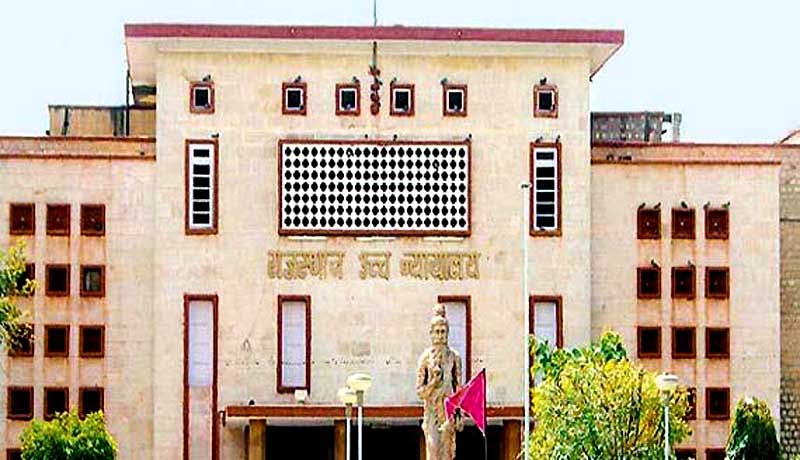Benami Amendment Act, 2016 can’t be applied Retrospectively: Rajasthan High Court

The Rajasthan High Court, in a recent ruling, has held that the newly enacted Benami Amendment Act, 2016 cannot be applied retrospectively.
The income tax department has been rampantly invoking the law ‘retrospectively’ to slap notice, confiscate property, and initiate prosecution on the ground that the prime intention of the original Benami Act of 1988 was to make benami transaction an offence and clamp down on unjust gains and tax evasion.
While hearing a bunch of writ petitions challenging the retrospective application of the harsh law, the High Court has ruled that the Benami Amendment Act, 2016 cannot have retrospective effect.
Under the amended law which came into effect from November 1, 2016, tax officers going after benami deals check whether the official owner on whose name a property, land, or any asset is registered is also the real owner. If not, the tax office can use the amended law to confiscate property, demand a penalty equivalent to a quarter of the market value of the asset, and take steps to put the offenders the real owner as well as the front or ‘benamidar’ behind bars.
Counsel for the tax department argued before the court that the amended law simply “clarified and amplified” the underlying intention to curb corruption which was also the aim of Benami Act of 1988. According to the department, the terms used in the principal and the amended Acts are two sides of the same coin.


